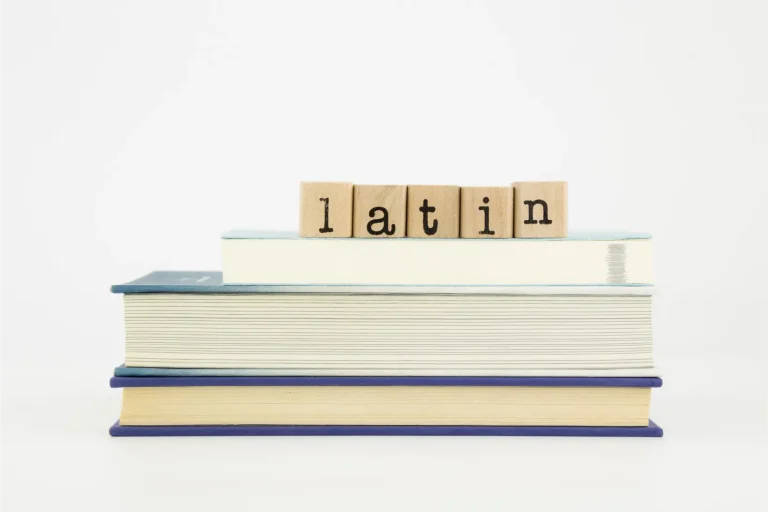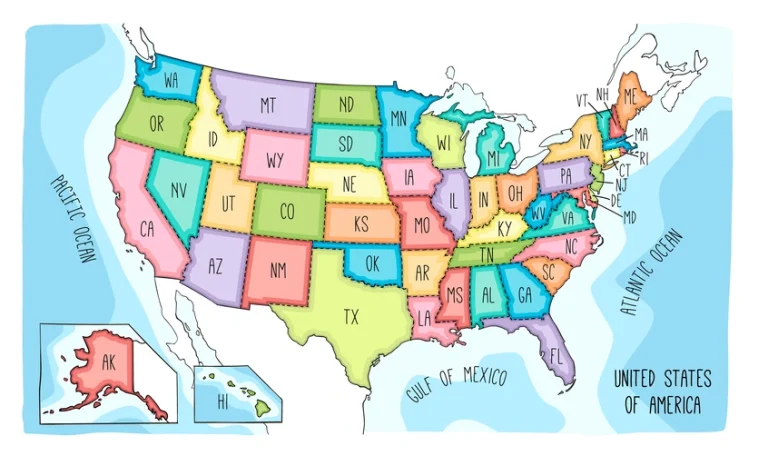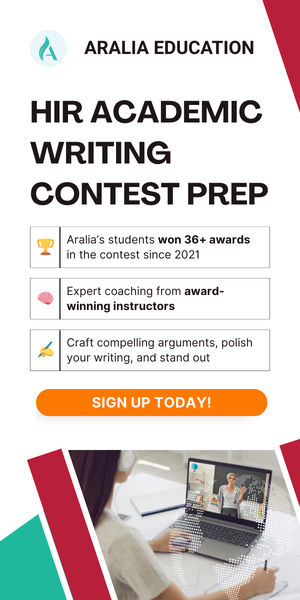Before going into the steps in a research process, we’d like to answer the question, “Why Research is important?”
We have many questions have every day, for which we don’t have a concrete answer based on our current knowledge. Performing research is a formal way to ask questions and search for answers. Answers can be found through previous work that people have done in the past or conducting interviews of subject matter experts. One way or another, conducting research helps us find a convincing answer, and shares with others information about what we’ve seen.
A research paper can take on many forms and have nuances based on the topic of your interest. For example, research can be as simple as “I realized that the Lululemon store near my house only has male customers, and I want to see the reason behind it.” After observing and interviewing male customers, you came up with a convincing answer: “Due to the comfortable and stretchy material of Lululemon leggings, male customers prefer shopping at Lululemon over other brands.”
The examples indicated in the steps below are from Sean Furuta, a student of UC Berkeley’s Economics 195B class in Fall 2020. The research paper can be accessed HERE. Now, keep reading to learn more about research for high school students.
Step 1: Identify your question and develop your topic
Maybe, in the research process, you already have a research question in mind or are interested in a general topic but don’t have a specific question. Questions can also be problems that you found a problem in your daily lives, and you want to discover potential solutions. Whether this is a high school research paper or college, it’s essential to identify your initial interest, the aspect, and the keywords in your question that you’d like to do further research about.
For example, Sean knows about the impact of air pollution and climate change due to traffic congestion and lack of parking in the United States, an automotive centric society. With the increased popularity of bike-sharing, he is interested in exploring the relationship between pollution and bike-share demand in United States metropolitan areas.
His keywords are Bikeshare, Scheme, System, Instrumental Variable Regression, Particulate Matter 2.5.
Step 2: Find Background Information
Using the keywords related to your topic, you should find different resources like scholarly and peer-reviewed articles, internet resources, or books to set your research context. Sometimes, if you’re researching for a current topic, books may not be the right resource. But overall, ProQuest, Nexis Uni, Google Scholar, Search Engines, Google Books, or your school’s library are a great starting place to find information.
Referring to Sean’s research paper, in the exploration of this topic, he surveys relevant publications, critically analyzes and explains his findings in the Literature Review section. For example, he compares the bike-sharing schemes in the Chinese city of Taiyuan with metropolitan areas in the United States. In the comparison, he considers the pollution impact and other external factors, such as weather effects.
Step 3: Evaluate What You Find
There are millions of results on the Internet, and sometimes you may be lost finding the right articles or the right book for research context. Articles on the Internet are often unreliable, especially when it comes to magazine or newspaper articles. The reason is that those writers are not credible researchers or scholars in their chosen field and frequently intersperse their own opinions with the facts.
Therefore, students must learn to evaluate the authority and quality of their findings. Fortunately, Cornell University released a video showing students How to identity Scholarly Journal Articles and How to identify Substantive News Articles. Take a look at the videos for general instruction, and if you need further guidance, feel free to Aralia, and our tutors will help you with this topic! We have high school and college tutors that are experts in the research field, especially in economics research and historical research.
Step 4: Write your research paper
The next step in the research process is the writing part, how exciting! After collecting information for your research, the next step is to organize the information you’ve collected and write a rough draft, like a research proposal. The rough draft will help you organize ideas and finalize the information that you want to include.
If this is an economic research paper, your next steps depend on what type of research paper you’re trying to write: theoretical, empirical, or the mixture of both. In Sean’s research paper, he used the empirical research method to collect and analyze data to answer his research question about the relationship between pollution and bike-sharing demand.
Step 5: Cite What You Find Using the Requested Format
A citation is you providing credit to the authors of the materials used and allowing people reading your work to locate your references’ sources. A book citation would include author, title, place of publication, publisher, and date of publication.
There are multiple citation styles (MLA, APA, Chicago, etc.) you can choose from, depending on your professor’s preferences. Carefully citing your sources show your respect to the original author, and show your credibility in writing this research paper.
Last & most important step in the research process: Proofread
The final step in your research process is to proofread your paper. There are three things you should take into consideration while proofreading:
- Errors in spelling, grammar, and punctuation. Make sure that your research paper is free of those errors.
- Citation. Double-check your professor’s requirements to see which citation format you should follow and make sure the sources you used are cited properly
- Your writing style. The last and the most important thing you should check is your writing: Is your paper easy to comprehend? Is your message clear to the reader? Is the data you present correct?
Having a research paper with your topic of interest during high school years will help you stand out in the college application. Not all high schools provide you with the resources and support for research from such an early stage, but you took an extra step to achieve this goal. If you’re interested in doing research on any topics, consider sign up for Aralia’s research courses or reach out to us personally to see how we can help you succeed!










